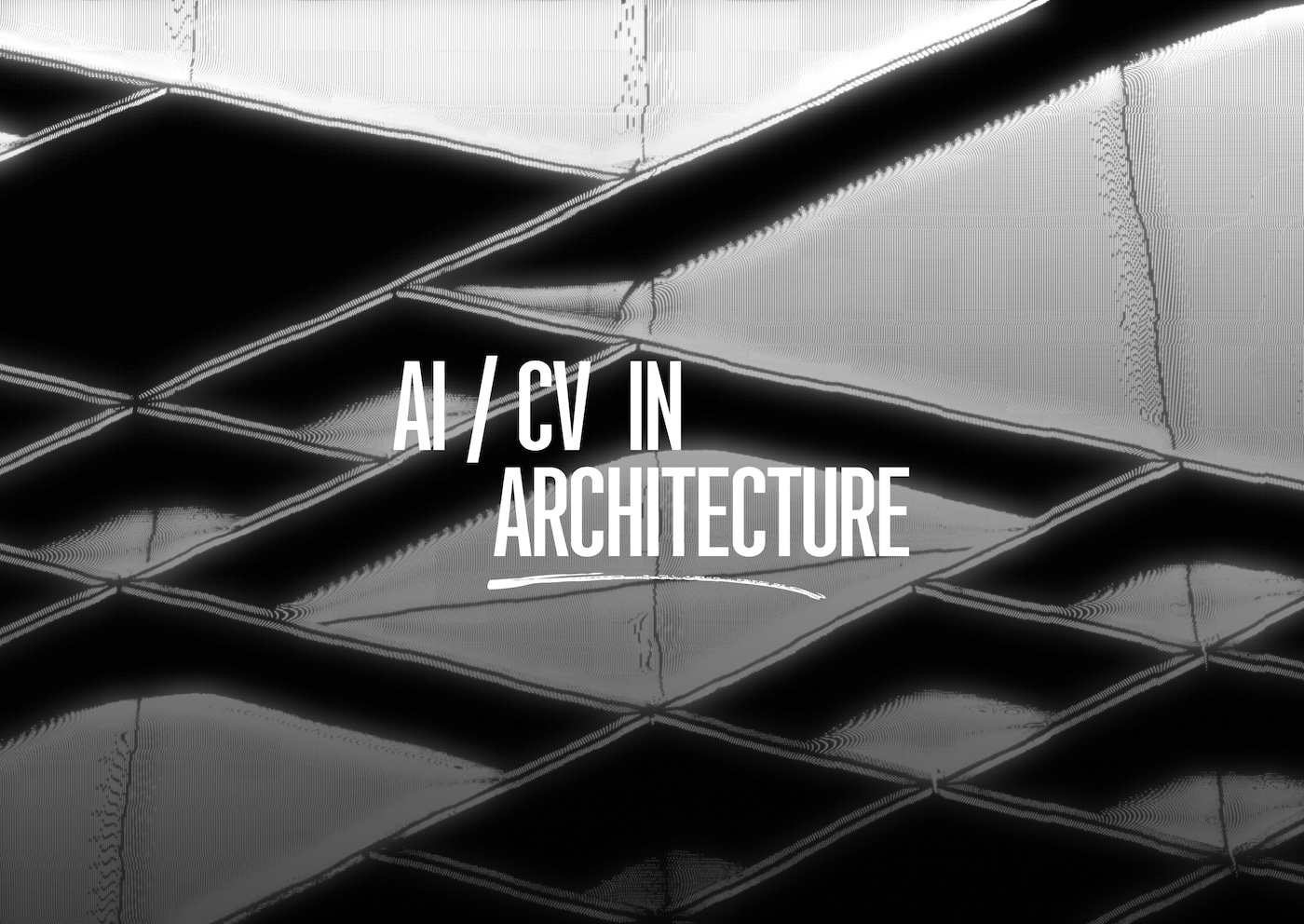
.jpg)
We strive to keep you up to date with the latest advancements and news in the field of Artificial Intelligence. Whether you're deeply steeped in the topic of artificial intelligence or just beginning your journey, our review is designed to inform and motivate you 🚀.
Are you ready to navigate this week's discoveries in the field of AI? Experience the world of AI to find out what innovations are changing the landscape of AI!

Google DeepMind has launched Lyria, its most advanced AI music generation model, in partnership with YouTube. Lyria is capable of creating high-quality music with vocals and instrumentals, offering users control over the style and performance of the music. This development represents a significant step in using AI for music creation.
Alongside Lyria, Google DeepMind introduced the Dream Track experiment on YouTube Shorts. This allows selected creators to generate music in the style of various artists, aiming to enhance the connection between artists, creators, and fans. Additionally, Google has developed Music AI tools to assist artists and producers in their creative processes.
These innovations are complemented by responsible deployment measures, including the use of SynthID watermarking for AI-generated content. This ensures the responsible use of these technologies in the music industry.
Read More: DeepMind

The NVIDIA H200 Tensor Core GPU is NVIDIA's latest product, designed to enhance generative AI and high-performance computing (HPC). It's the first GPU with HBM3e memory, offering significant improvements in performance and memory for handling large data sets in AI and HPC tasks.
Key features of the H200 include its ability to process AI inferences, particularly large language models, up to twice as fast as its predecessor, the H100. This makes it highly effective for businesses using AI for various applications. In HPC, the H200's improved memory bandwidth allows for faster data processing, making it much more efficient than traditional CPUs for tasks like simulations and scientific research.
The H200 also focuses on energy efficiency and cost-effectiveness, making it a sustainable and economical option for AI and supercomputing applications.
Read More: Nvidia

Meta has introduced two new generative AI technologies, Emu Video and Emu Edit. Emu Video is a method for creating videos from text prompts using diffusion models. It simplifies the video generation process, allowing for the efficient creation of high-resolution videos. This technology has been well-received for its ability to produce videos that closely match the given text prompts.
Emu Edit, on the other hand, is focused on image editing. It allows users to make precise edits to images through text instructions. This tool can handle a variety of editing tasks, from local adjustments to complete transformations, while ensuring that only the relevant parts of an image are altered.
These new tools from Meta demonstrate significant progress in the field of generative AI. They offer innovative ways for users to create and edit visual content, potentially changing how people interact with and produce digital media.
Read More: Meta

Sam Altman, former CEO of OpenAI, and Greg Brockman, co-founder of OpenAI, have joined Microsoft to form a new Advanced AI Research team. This move comes after both were dismissed from OpenAI. Microsoft CEO Satya Nadella played a key role in this transition, offering Altman the CEO position of the new AI group at Microsoft. This team also includes Jakub Pachocki, the lead of GPT-4, and other notable AI researchers.
Emmett Shear, the former CEO of Twitch, has been appointed as the interim CEO of OpenAI. This change in leadership follows a disagreement over AI safety between the OpenAI board and Sam Altman. Shear's appointment aligns with the safety concerns of Ilya Sutskever, who has become a prominent figure in OpenAI. Mira Murati, who was briefly the interim CEO, and other OpenAI employees are expected to leave, possibly joining Altman and Brockman at Microsoft.
These moves signal a significant change in the AI industry. Microsoft is expected to benefit from an infusion of AI talent and OpenAI is expected to restructure under new leadership. The long-term implications of these changes, particularly on AI security and research directions, remain to be seen.
Read More: The Decoder
Catch you in our upcoming digest! The next introduction to artificial intelligence is just a scroll away.
